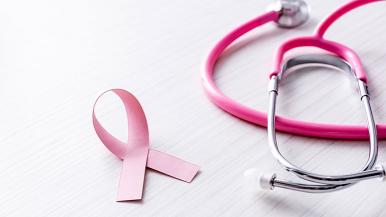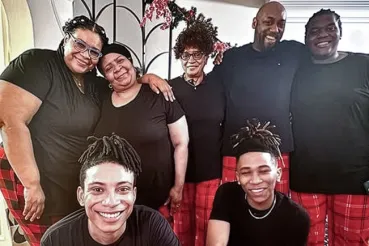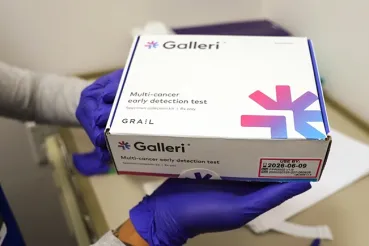More than 255,000 women are diagnosed with breast cancer in the U.S. each year, making it the second most common among American women (after certain types of skin cancer).
Ruta Rao, MD, a medical oncologist at RUSH MD Anderson Cancer Center, shares some key facts about the disease.
1. No woman is exempt from breast cancer.
Though some women are more likely than others to develop breast cancer, all women are at risk. (Men, too, can get breast cancer, though they receive less than 1% of all diagnoses.)
Over her lifetime, a woman in the U.S. has about a 1 in 8 chance of developing breast cancer and a 1 in 40 chance of dying from the disease. According to the American Cancer Society, most women who get breast cancer have no significant risk factors. Every woman should educate herself about breast cancer and make breast examinations — including mammograms — a priority.
2. Not all breast cancers are the same.
"It's a common misperception that breast cancer is a single disease," Rao says.
In fact, several different types exist. For example, cancer can originate in the lobules, which produce milk; in the ducts, which carry milk toward the nipple; or, more rarely, in the breast's connective tissue.
Breast cancers also differ in their genetic makeup and in whether hormones (estrogen, progesterone or neither) or a protein called HER2/neu can spur their growth.
3. Different breast cancers are treated differently.
"Sometimes," Rao says, "patients will wonder, 'my friend is on this pill for her breast cancer, why am I not taking it?' " The answer? Like breast cancer, appropriate treatments vary from patient to patient.
For example, women who have estrogen receptor-positive breast cancers, which can use the hormone as fuel for growth, might take anti-estrogen treatments that wouldn’t work for patients with other types of the disease.
4. Whatever form breast cancer takes, the best treatment is comprehensive.
Rao stresses that breast cancer treatment is collaborative, involving surgeons, radiation oncologists, medical oncologists, pathologists, radiologists, and psychologists. As such, it's most effective when specialists work together to give patients comprehensive care.
"Instead of the surgeon saying, 'you need radiation therapy,' and the patient having no idea what radiation would entail, the radiation doctor is right there to explain," Rao says. "So, in one sitting, the patient can get information for the entire course of her treatment. That's one of the best things we can offer to patients."
5. The best prevention is comprehensive, too.
Rao recommends that women focus on a balanced, overall approach to staying healthy, rather than trying to act on every study that suggests a specific product, food, or lifestyle choice might increase or decrease one's risk of breast cancer.
"Healthy weight, healthy diet and exercise are good on many levels," she says.




